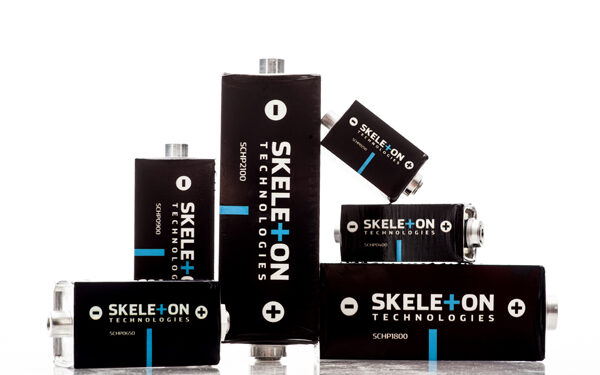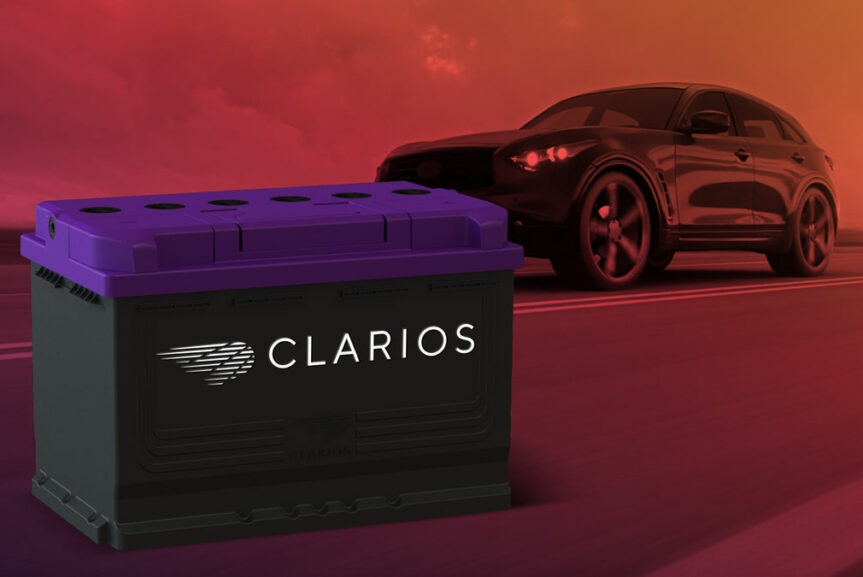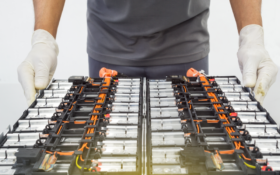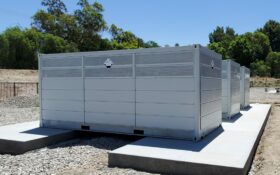The battery industry is failing to understand the best way to fully utilise ultracapacitors in automobile applications— says SkeletonTechnologies co-founder Taavi Madiberk.
Instead of replacing batteries, Madiberk predicts the future of energy storage lays in hybrid battery and ultracapacitor combinations.
The firm’s chief executive officer spoke to BBB during a visit to London to observe how Skeleton’s ultracapacitors are being used as part of a UK trial by transport logistics firm Fraikin.
Fraikin is testing a rigid lorry with a regenerative system that converts a diesel truck into a hybrid electric vehicle— saving up to 25-30% in fuel consumption and lowering emissions. A key area for automotive OEMs in the next decade.
Madiberk told BBB: “Ultracapacitors usage is misunderstood, they are not a replacement for batteries. Ultracapacitors are not meant for long-term energy storage.
“The rule of thumb is if the charge and discharge time is over 60 seconds it’s always more economical to use a battery, but less than one minute an the ultracapacitor is the most economical.
“We’ve moved to hybrid systems, which can save on battery packs, increase lifetime and give better performance.”
He added: “I think the main benefit of ultracapacitors are they are the most cost efficient technology for a number of transportation and industrial equipment applications, but there’s limited knowledge of how to use them and how they differ from batteries.
“They are often overlooked, Skeleton from the view of the value chain, is bridging the gap and bringing to customers immediate savings. The cost always shows how well a technology works.”
The firm’s manufacturing facility in Estonia currently produces 500,000 large format cells a year.
The company is currently transporting plant and equipment to its new manufacturing facility near Dresden, Germany, which should be ready for a February 2017 opening. It will boost unit production to an expected 5million per year.












